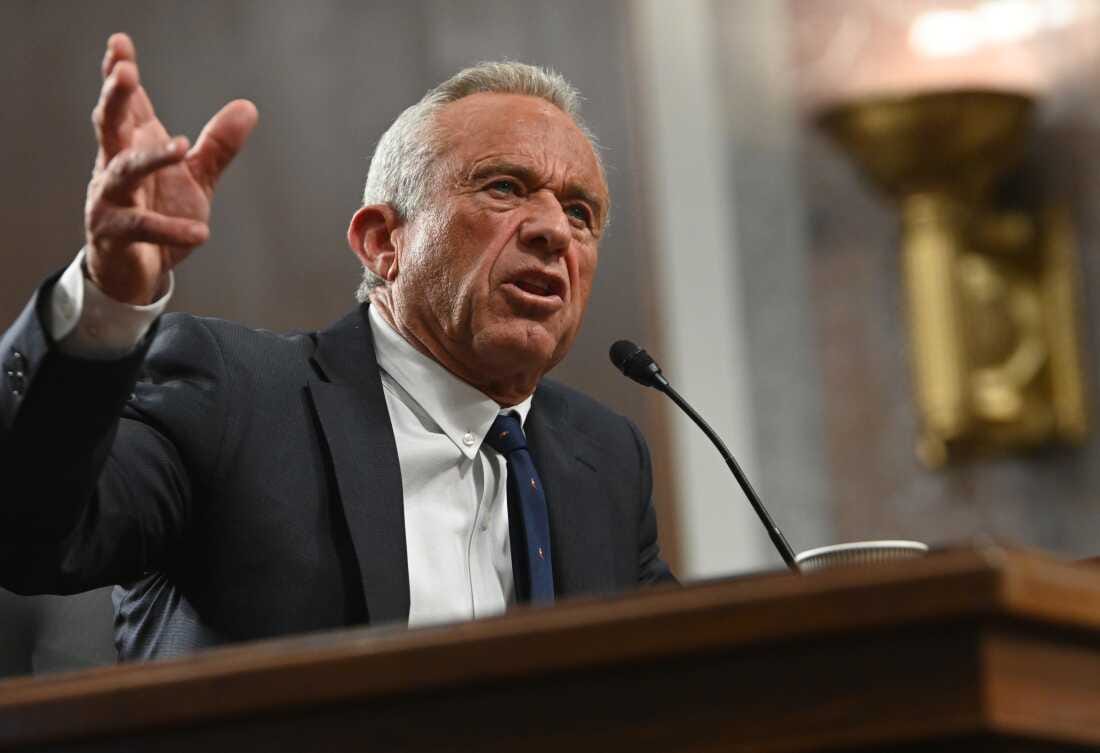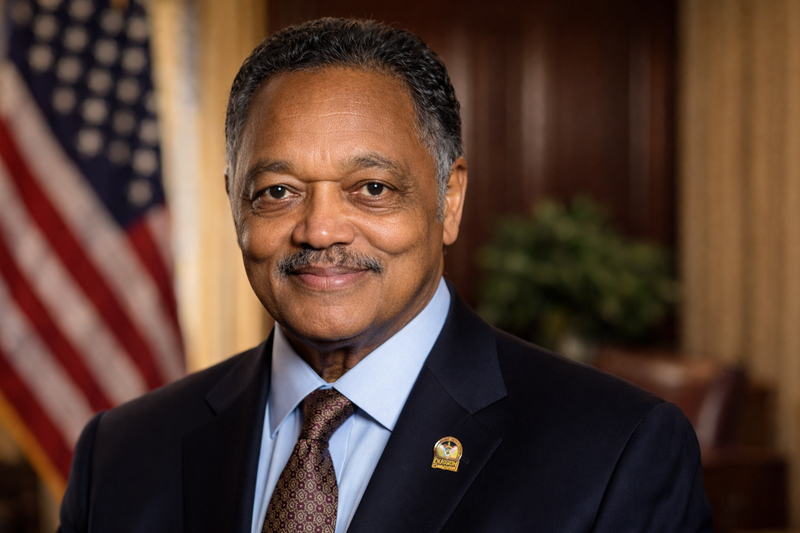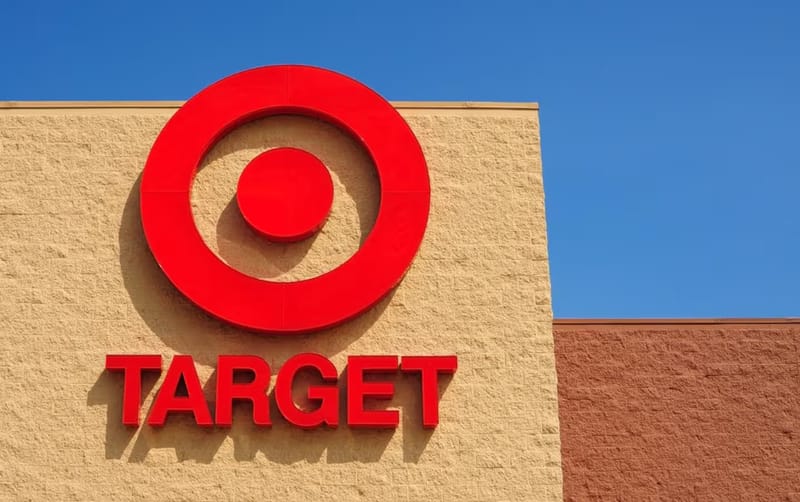Critics Say Kennedy’s Child Health Plan Ignores Gun Violence, Harms Black Children
Community leaders said Kennedy’s record shows he is out of touch with Black families.

WASHINGTON —Health and Human Services Secretary Robert F. Kennedy Jr. released his “Make America Healthy Again” report this week, but health experts and community leaders say it ignores the biggest threats to U.S. children—particularly Black youth—while advancing Kennedy’s long-standing personal agenda.
The report blames processed food, prescription drugs, and vaccines for chronic childhood illnesses. It calls for dietary changes and more exercise but skips over racial health disparities, environmental hazards, food insecurity, and gun violence—now the leading cause of death among children and teens.
“The report is dangerous because it cherry-picks issues Kennedy has always cared about while ignoring the real drivers of children’s deaths,” said Dr. Susan J. Kressly, president of the American Academy of Pediatrics. “Gun violence is at the top of that list, and he refused to even address it.”
Ignoring the No. 1 Killer
Physicians say Kennedy’s refusal to confront gun violence is especially harmful for Black communities, where the crisis is acute. Between 2013 and 2020, firearm deaths among Black children increased by 108%. In 2023, guns killed more Black boys and men ages 15 to 24 than the next 15 leading causes of death combined.
“Black children are being buried at rates that should shock the conscience of this nation,” said Dr. Patrice Harris, an Atlanta-based pediatrician and former president of the American Medical Association. “By refusing to even name gun violence as a public health crisis, Kennedy is abandoning the very children he is sworn to protect.”
At a briefing, Kennedy downplayed gun deaths as “a complex question,” instead blaming psychiatric drugs and video games—theories that lack scientific backing.
Contradictions and Cuts
The MAHA report lays out plans for new research, health reforms, and industry partnerships, but many of its proposals contradict administration actions. Kennedy calls for autism-vaccine research, but the National Institutes of Health faces a proposed 40% budget cut under the White House’s spending plan.
“Kennedy loves to talk about nutrition, but this is the same man pushing to cut SNAP benefits and school meal programs that feed Black and Brown children every day,” said Eric Mitchell, president of the Alliance to End Hunger. “That is not public health leadership. That’s cruelty dressed up as policy.”
Black Leaders Push Back
Nutrition experts also faulted Kennedy’s fixation on removing food dyes, seed oils, and fluoridated water. “That’s a distraction,” the Academy of Nutrition and Dietetics said in a statement. “Systemic problems—poverty, lack of access to healthy food, and violence in communities—are what drive poor child health outcomes.”
Community leaders said Kennedy’s record shows he is out of touch with Black families. “We don’t need lectures about fluoridated water,” said Reverend Alisha Gray, who runs a youth violence prevention program in Baltimore. “We need safe neighborhoods, mental health care, and schools that feed our kids. Kennedy is ignoring us, and our children are paying with their lives.”
A Record of Distrust
Kennedy’s comments about Black children have long drawn criticism. He has suggested that Black children should follow different vaccine schedules and that those on ADHD drugs may need to be “reparented.” Public health advocates say such remarks reveal a pattern of racial bias.
“Chronic childhood diseases are serious, but Kennedy’s report offers little more than recycled conspiracy theories,” said Dr. Richard Besser, president of the Robert Wood Johnson Foundation. “He is not protecting children’s health — he is putting it in jeopardy.”






